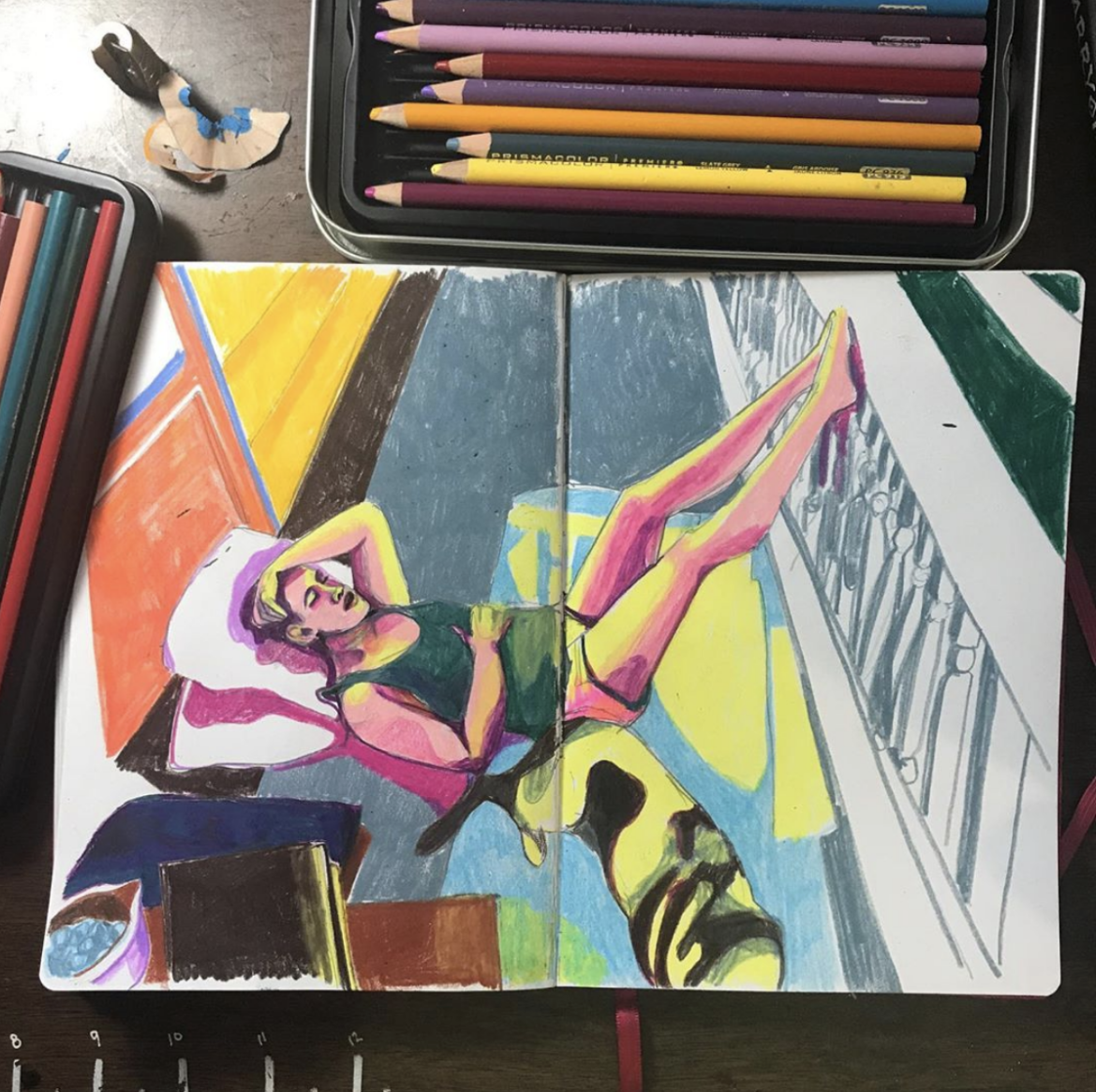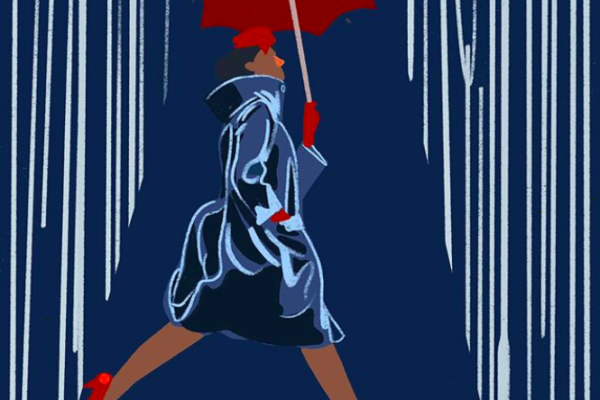When I write something relatively short, something that can be accomplished in a day or less, it requires little. In that amount of time I remain infatuated. I want never to have to leave the thing I just made. I reread it, I relive the exciting parts, I laugh all over again at its faint, inside jokes. The thing I wrote appears beautiful and makes me feel alive and at one with all of creation.
It feels perfect.
I feel perfect.
I exist within this space where nothing else matters but me and this piece of writing.
Twenty-four hours later, though, three meals will have been consumed. An argument might have been engaged in. Hulu will have been watched, the Earth will have revolved, the river will have flowed.
At this new juncture when I arrive at the desk, I’m a different person from the one who lived the day before and when I read what I wrote, I’m not pleased. I perceive the piece’s many flaws, and instead of working on my relationship with this particular piece—which I now realize requires more of my time and attention—I’m tempted to throw it away and write something entirely new.
If this situation sounds familiar because you find yourself abandoning the old so you can enjoy the first flush of love with a new creation, I have the following advice. Try to bring awareness to that habit. Notice such harsh judgment when it happens, and see if you can persevere with the piece that already exists. Although I continue to have this experience, I now have a lot of practice at finding a way through it. These three steps have worked well for me.
1) First, I have to notice that I’m doing that thing again, that this tendency to doubt my own work even is a thing. Far from being an unusually wise and fresh insight into what I created yesterday, the negative judgment and lack of enthusiasm is part of a self-destructive trend. This habit not only is obsolete, it honestly was never helpful in the first place.
2) Second, I click my fingers. The clicking sound is to mark that this particular moment of noticing was valuable. The noticing was a behavior that deserves reward.
This idea of appropriating click training—something used with dogs and other animals—came from an episode of the podcast, Hidden Brain. Rather than making general statements of ambiguous praise, a physician whose job it is to teach surgery to medical students presses a mechanical clicker. The clicking noise is a neutral sound that marks the precise behavior of the student who is being rewarded.
3) Once I recognize that my initial harsh reaction was out of line and that there’s nothing fundamentally wrong with the piece itself, I settle in to work on it. It’s up to me to bring the piece to life, and like all living things, the essay or story or blog post I’m writing will be imperfect and that’s okay. (For more on the beauty and legitimacy of imperfect things, read “Wabi-Sabi for Artists, Designers, Poets, and Philosophers” by Leonard Koren.)





No Comments